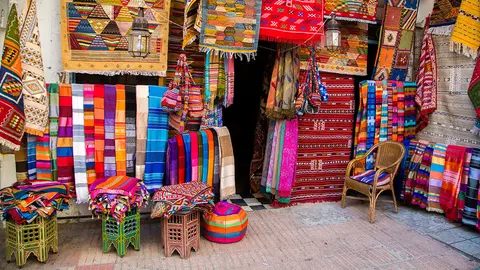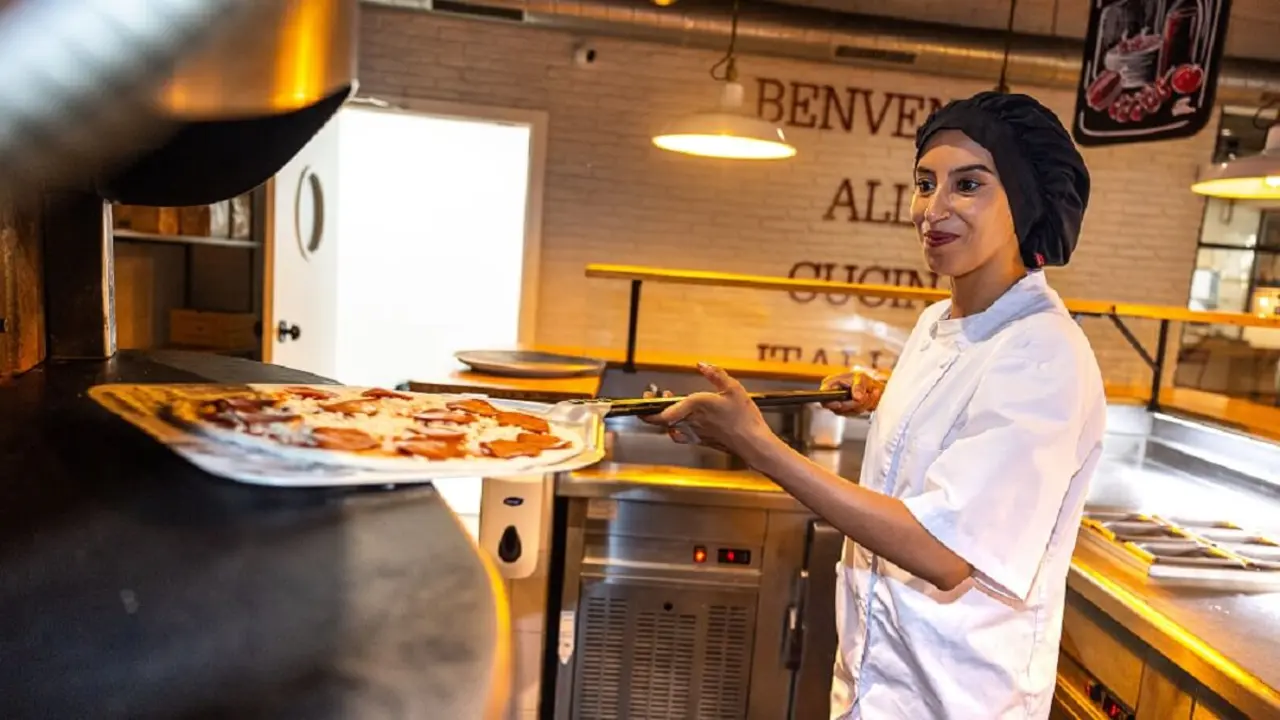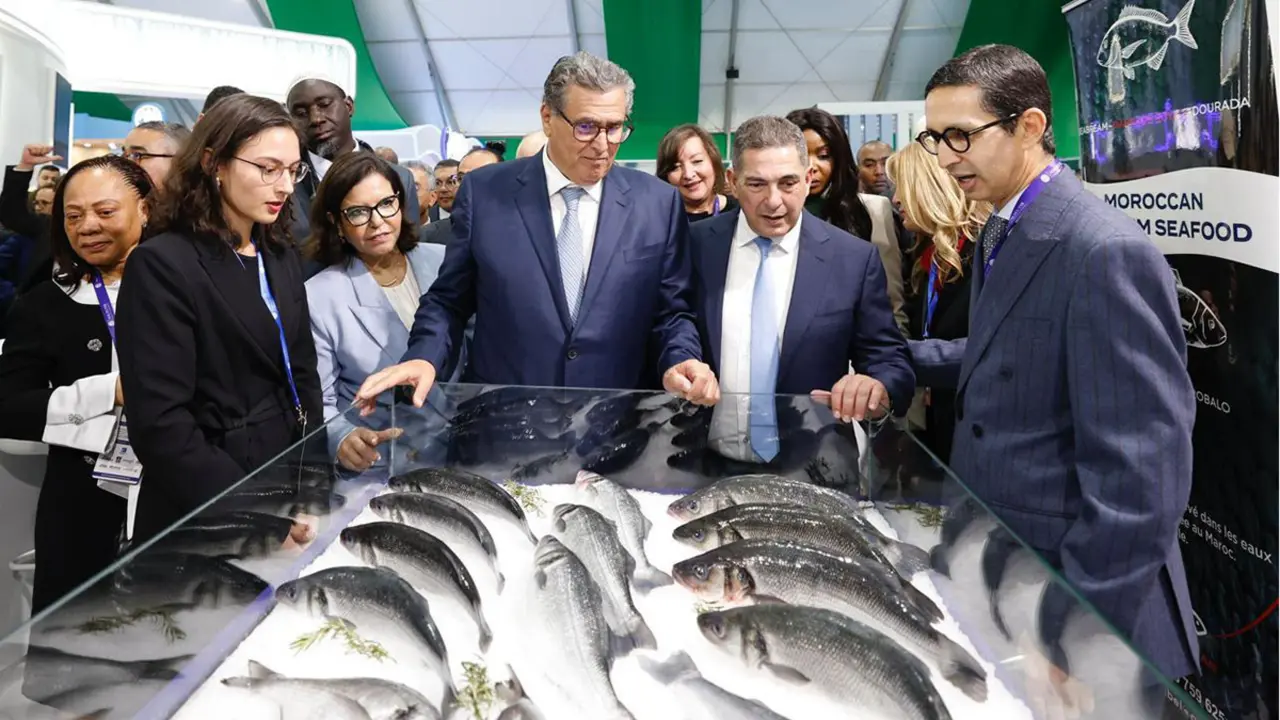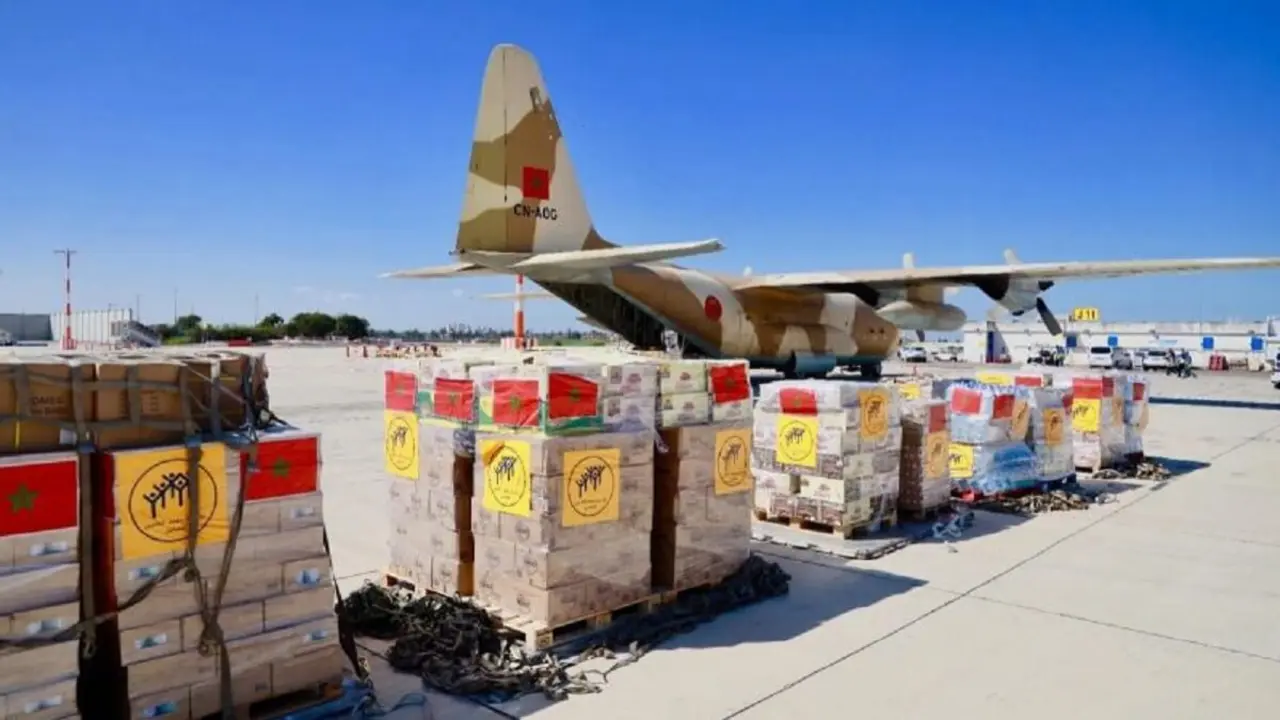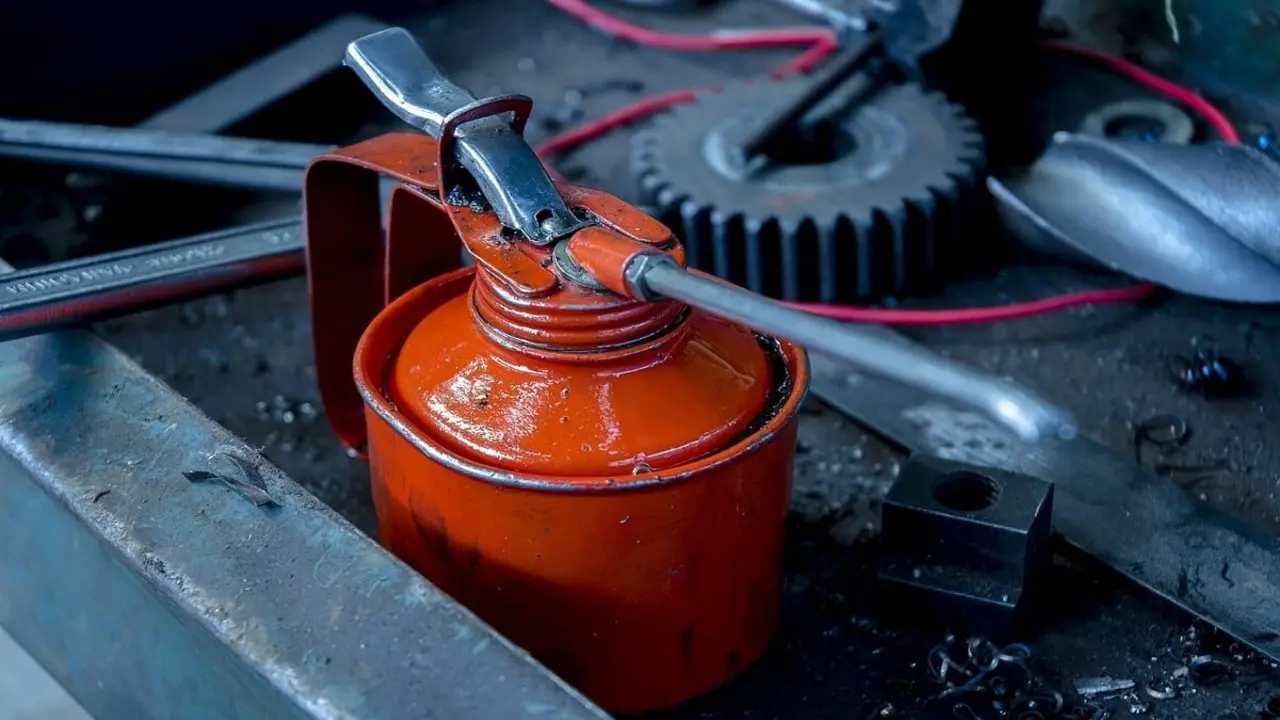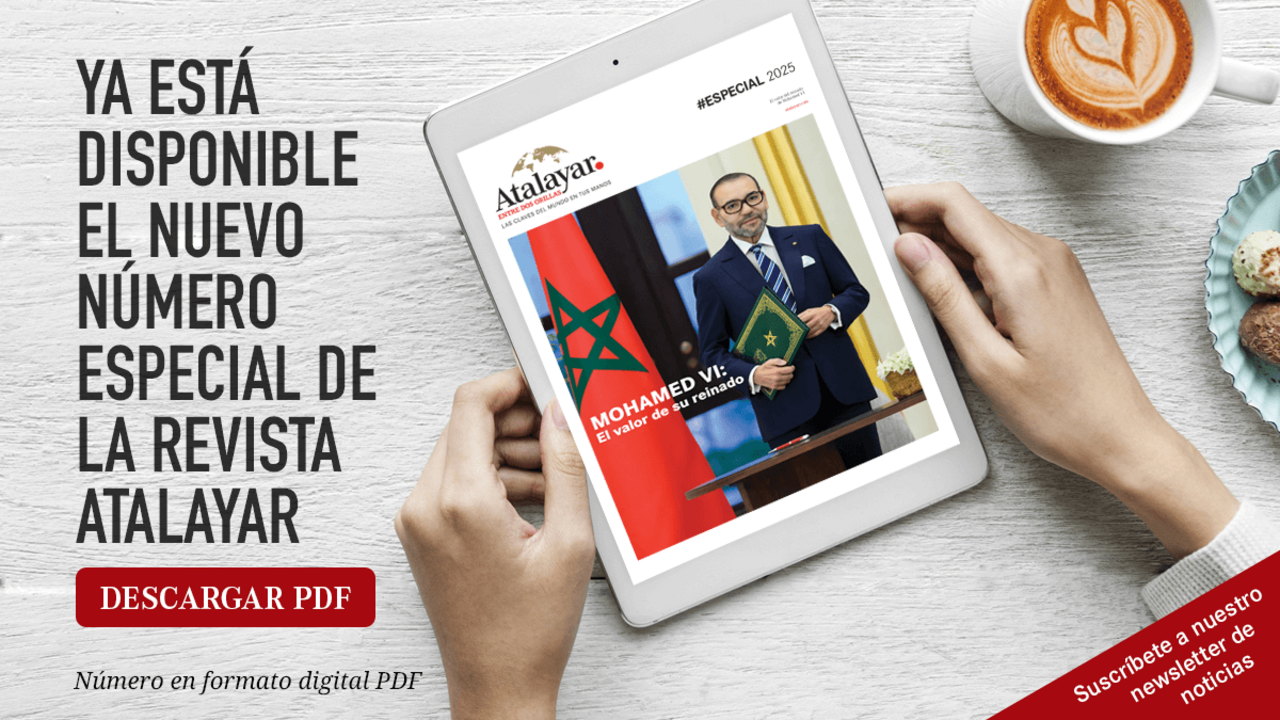Morocco commits to the circular economy with its new waste management plan
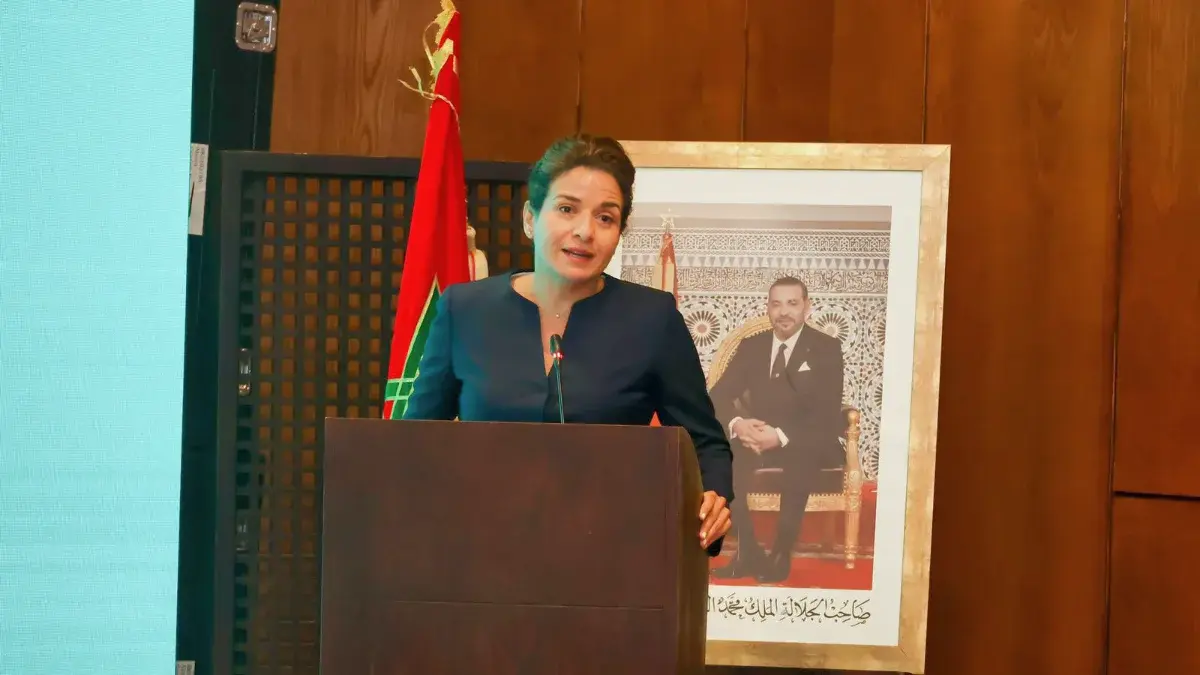
The continuous increase in household waste, which puts a great strain on the environment, presents Morocco with the challenge of achieving sustainable waste management. This involves modernising a sector that has been dominated until now by poorly regulated practices, moving towards more structured approaches such as sorting, rehabilitating unregulated landfills and developing industrial alternatives.
To this end, Morocco has launched a waste recovery plan that aims to bring about the transition to a circular economy through good governance, targeted investment and the involvement of local actors.
New waste strategy
The new National Household Waste Recovery Plan (2024-2025), presented on 4 August by the Minister for Energy Transition and Sustainable Development, Leila Benali, has a budget of 1.88 billion dirhams (180 million euros) and aims to strengthen existing infrastructure and develop new capacities.
The goal is to achieve a 100% professional collection and cleaning rate for domestic waste and to ensure technical assistance to strengthen the capacities of local authorities.
To this end, the plan aims to build 50 provincial waste disposal and recovery centres, carry out rehabilitation projects and permanently close 233 old landfills, without losing sight of the tools needed to modernise sanitation services.
This plan is a continuation and update of the National Waste Reduction and Recovery Strategy adopted in 2019 for 2030. It set out a roadmap to facilitate Morocco's progress towards a sustainable circular economy. Its main objectives include the following:
- Achieve a recycling rate of 20% for household and similar waste.
- Reach 25% for industrial waste.
- Recover 10% of waste and convert it into energy.
- Eliminate 60% of construction and demolition waste under controlled conditions.
The national programme dedicated to the recovery of household waste during the period 2024-2025 will be supervised by the Ministry of the Interior, in collaboration with the various institutional partners.
According to the Minister for Energy Transition and Sustainable Development, this action plan aims to improve local and intermediate results in the management of household and similar waste through the creation of disposal and recovery centres and the gradual rehabilitation of unregulated landfills.
As a first step towards defining this new strategy and structuring efficient territorial governance, a formal management framework was adopted in December 2024 between the Ministry of Energy Transition, the Ministry of the Interior and the 12 regions that make up Morocco.
This agreement provides for the creation of technical treatment and recovery centres and the regulated closure of uncontrolled landfills, as well as introducing the possibility for municipalities to establish a selective collection system with financial support from the Ministry.
Although this institutional structure marks a formal step forward, the challenges associated with the effective implementation of the strategy, particularly in resource-poor areas or those with weak and ineffective governance, remain a concern for Morocco.
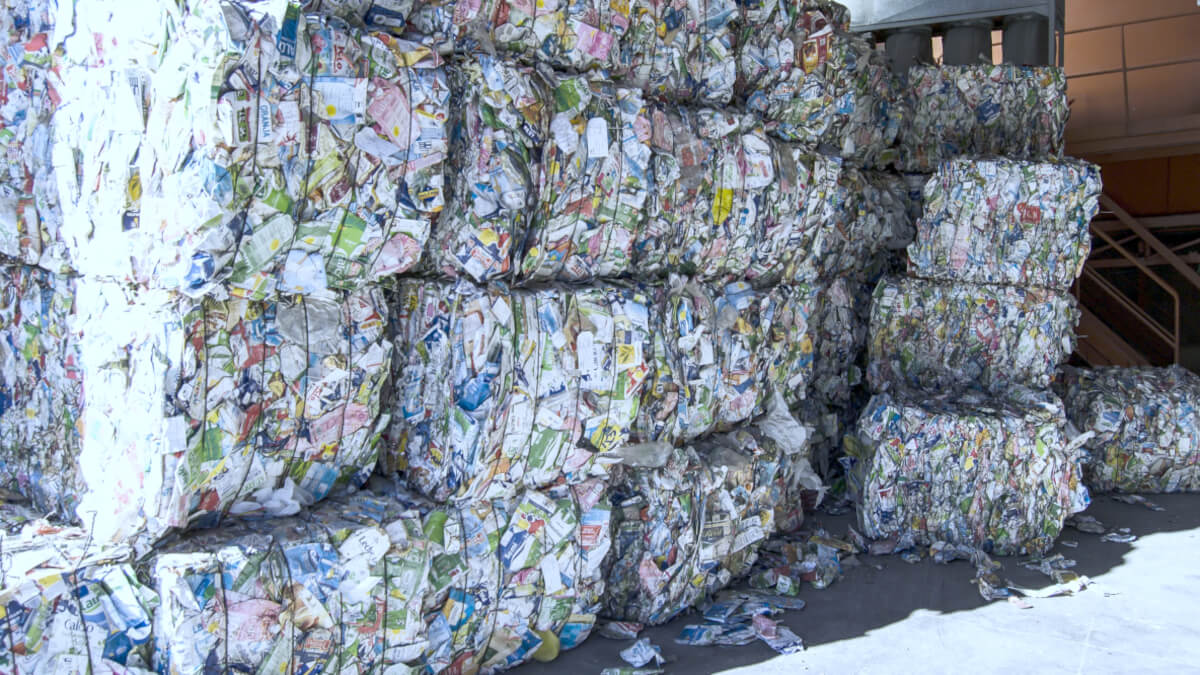
Difficulties in implementation
The national programme for the recovery of household waste is a structural initiative in line with the Kingdom's environmental commitments. However, factors such as a lack of resources in communities, diffuse shared governance, industrial dependence on private interests and weak monitoring and evaluation mechanisms are likely to slow down its implementation.
Beyond the real ambitions announced, the programme will need to prove its effectiveness on the ground, which will require a genuine transformation of local practices and collective responsibility.
At the same time, energy recovery from waste is another challenge for the programme. In this regard, a tripartite agreement was signed between the Ministry of Industry and Trade, the Ministry of the Interior and the Professional Association of Cement Companies to reduce the volume of landfilled waste by 45% by 2030 and produce 660,000 tonnes of alternative fuels for cement factories.
However, this strategy, which is part of a circular economy and waste reduction approach, raises concerns about its real ecological impact in terms of industrial emissions and toxic waste management.
For this reason, the National Plan for the Recovery of Household Waste provides for the organisation and development of various recovery options for both hazardous and non-hazardous waste.
On the one hand, the used battery, used lubricating oil and waste electrical and electronic equipment (WEEE) sectors have been progressively organised, with the signing of a first agreement in 2019 for the collection and treatment of IT and telecommunications waste between public administrations and households.
On the other hand, with regard to plastic, paper and tyre waste, the aim is to increase collection and recycling rates by supporting local plastic sorting, recycling and recovery projects.
Thirdly, the energy recovery sector for non-recyclable household waste has already begun recovering biogas from controlled landfills, with facilities already operational in Fez, Uchda and Marrakech.
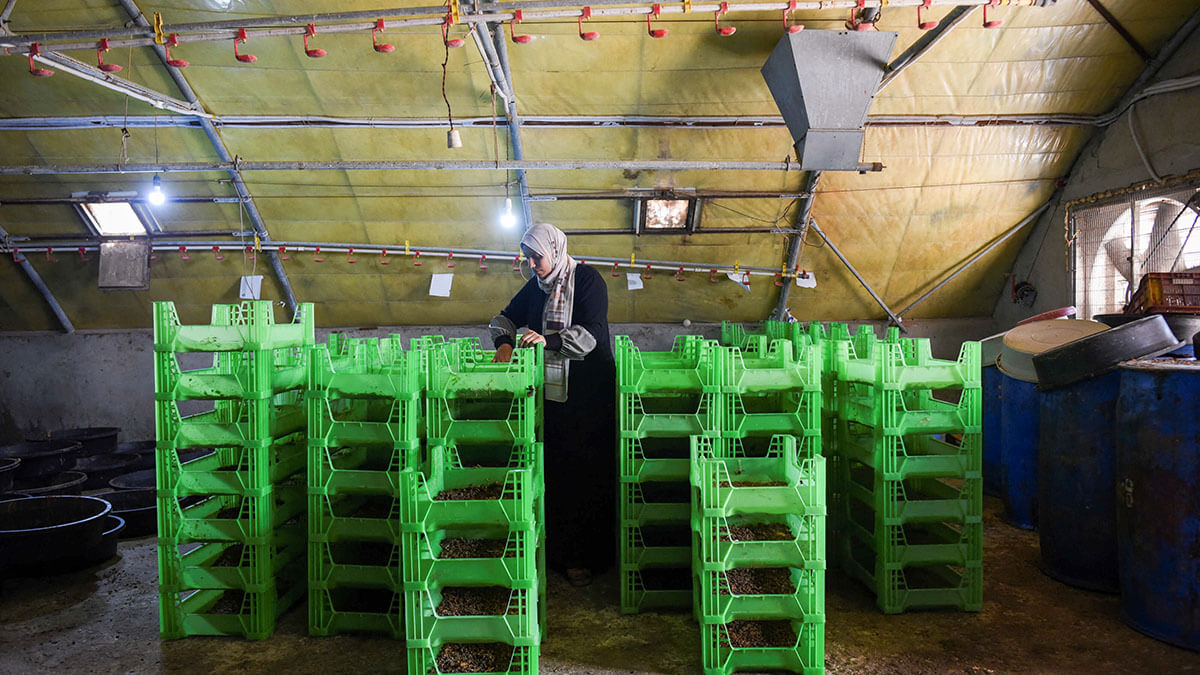
Circular economy generating employment
Apart from the environmental benefits, the national plan aims to make the waste recovery sector a real lever for economic and social development in the North African country.
Advocating a circular economy that encourages the emergence of industrial chains for recycling and recovering different types of waste, the programme aims to create sustainable green jobs.
In this vein, the Moroccan government is paying particular attention to the integration of the informal sector, which is heavily involved in sorting and recycling activities. To this end, it is preparing a social plan to support the professionalisation of these workers and their integration into the new organised chains.
Within the framework of Morocco's international commitments to sustainable development and the fight against climate change, the country is seeking to move towards a circular economy that creates wealth, generates stable jobs and respects the environment, transforming waste into high value-added resources.
Despite the significant progress made by Morocco through its waste recovery plan, many challenges and obstacles remain to be overcome in order to achieve the objectives set out in the National Waste Reduction and Recovery Strategy:
- Sustainable financing of the sectors.
- Establishment of an appropriate regulatory framework.
- Strengthening of technical capacities.
- Raising public awareness.

